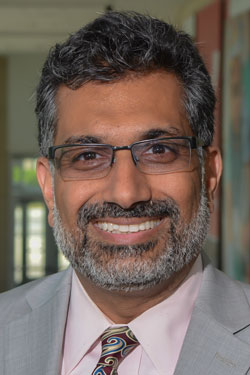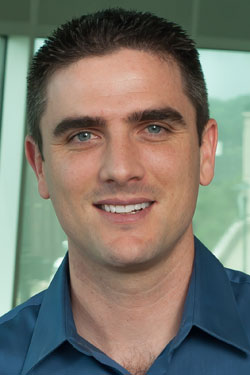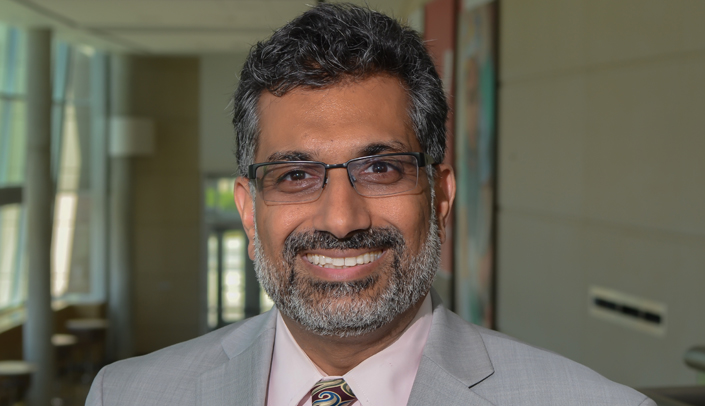 |  |
Ali S. Khan, M.D., M.P.H. | Michael Green, Ph.D. |
Tickets are still available for this year’s conference, “The Great Experiment.” The theme, based on society’s drive to know, explores how we are compelled to investigate and look for answers, often with unintended consequences.
TEDxOmaha will he held from 1 to 5 p.m. at the Harper Center on the campus of Creighton University. Tickets are available for $30 via the TEDxOmaha website.
Born and raised in New Zealand, Dr. Green is an assistant professor at UNMC and a member of the newly constructed Fred & Pamela Buffett Cancer Center. He completed his post-doctoral training at Harvard Medical School and Stanford University.
Dr. Green works to identify and understand the genetic alterations that give rise to lymphoma and allow it to evade the immune system. He is interested in the genetics of B-cell lymphoma, with the goal of using genetic profiling to understand disease biology and inform treatment decisions. His drive to work on the genetics of lymphoma came during his honors year of college when his grandmother was diagnosed with mantle cell lymphoma and died weeks later.
Dr. Khan is a former assistant surgeon general and dean of the College of Public Health. His professional career has focused on health security, global health and emerging infectious diseases.
He completed a 23-year career as a senior director at the Centers for Disease Control and Prevention (CDC), which he joined as a disease detective. At the CDC, Dr. Khan led and responded to numerous high profile domestic and international public health emergencies, including hantavirus pulmonary syndrome, Ebola hemorrhagic fever, monkeypox, avian influenza, Rift Valley fever, severe acute respiratory syndrome, the Asian Tsunami, and Hurricane Katrina.
He also was one of the main architects of the CDC’s public health bioterrorism preparedness program and provided scientific and strategic oversight of CDC’s malaria and One Health activities.
In 2015, he supported response activities for the West Africa Ebola outbreak in Sierra Leone as a World Health Organization (WHO) consultant. He is the author of “The Next Pandemic: On the Front Lines Against Humankind’s Gravest Dangers.”
